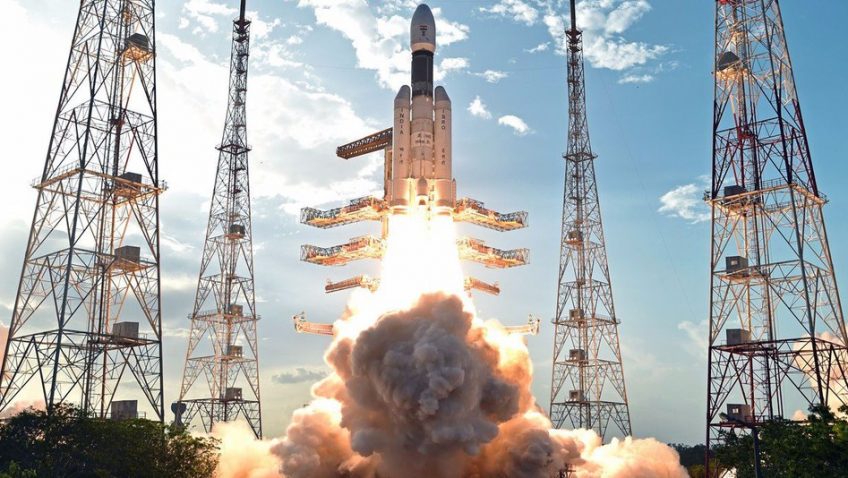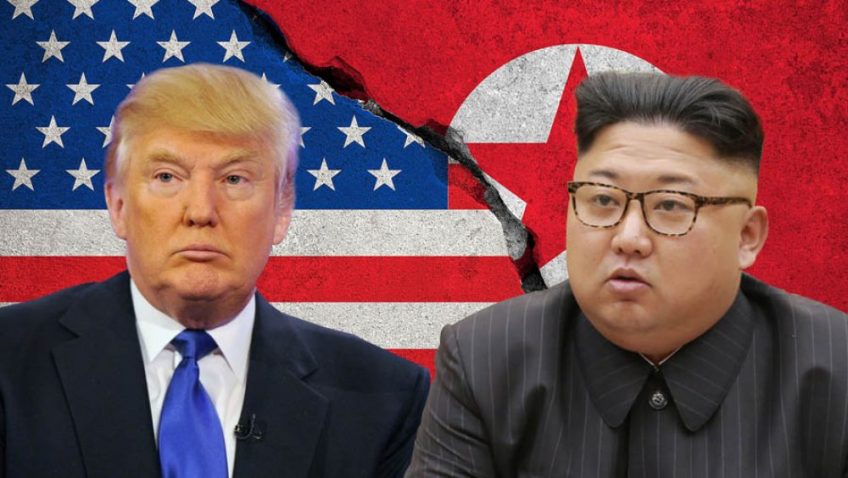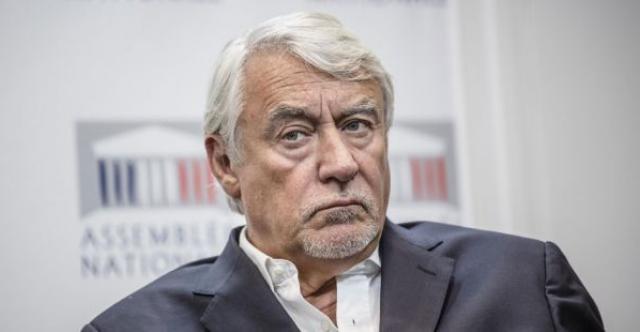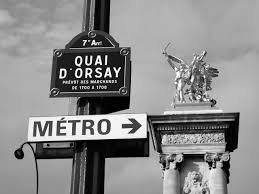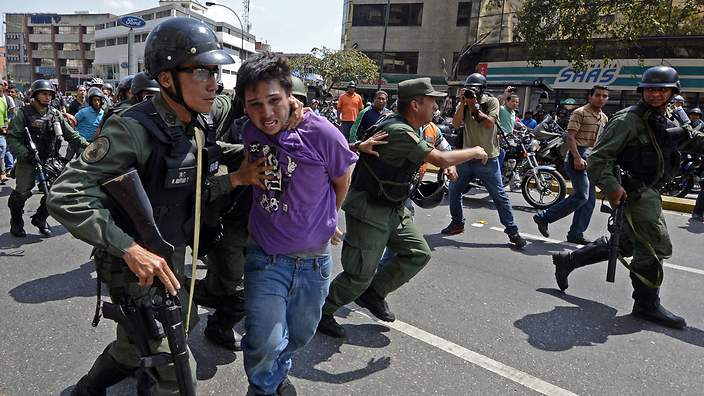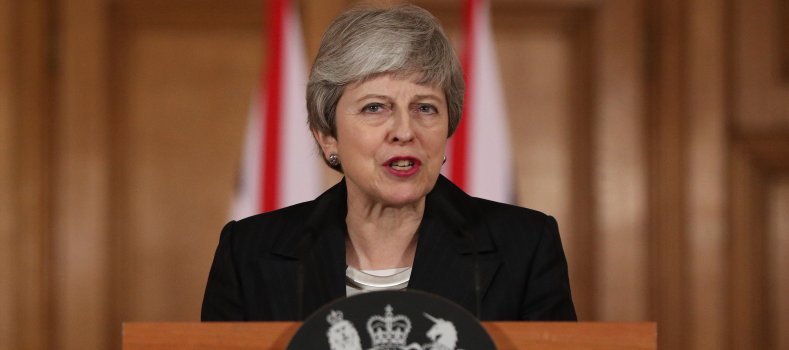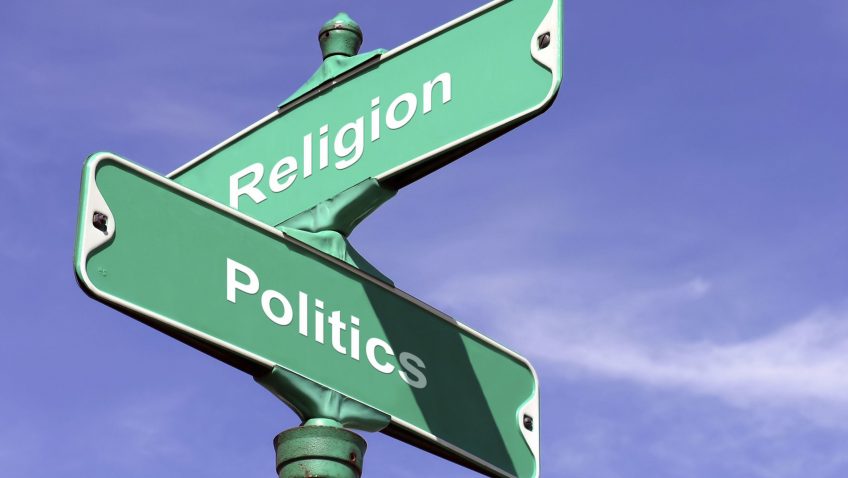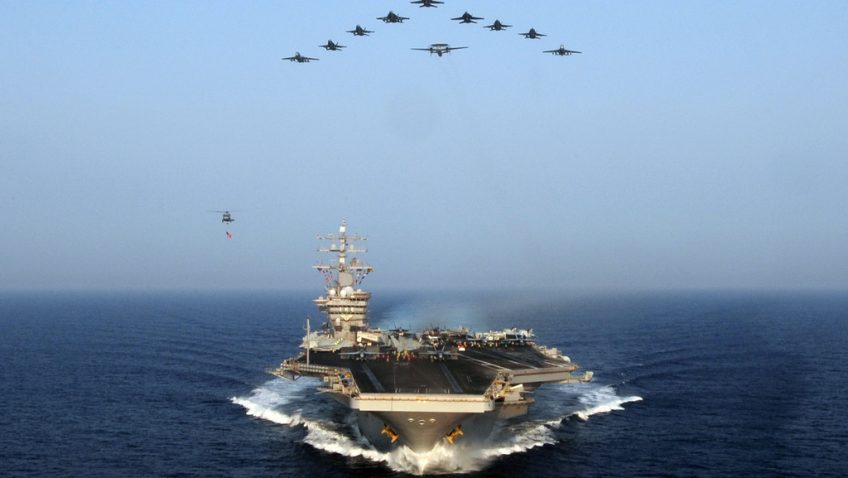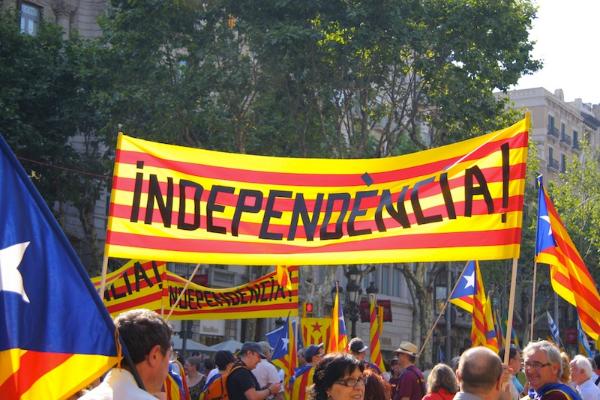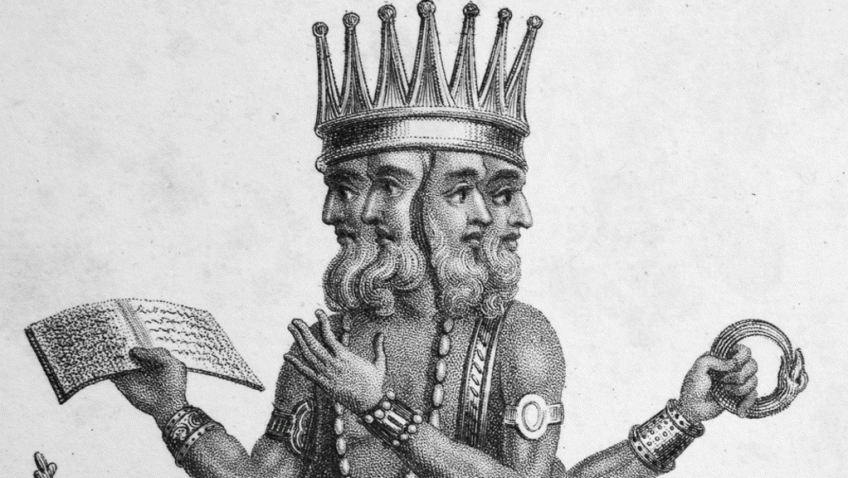With its 1.3 billion inhabitants, India is called the largest democracy in the world. It is the product of a multicultural history which started around 2,500 BC, with the Vedic period.
The Aryans, a semi-nomadic tribe coming from central Asia, arrived after 1500 BC. In the fifth century, large regions of India were united under the rule of the Mauryas leader, Ashoka. Converted to Buddhism, he spread this religion to his kingdom. Islam was introduced in India as soon as the eleventh century, which led to the Mughal Empire from 1526 to 1761. The Europeans arrived in India from the fifteenth century and the British crown decided to rule this country by itself during a period named the British Raj (1858-1747).
On the 15th of august 1947, India became independent and since this date, she has experienced a democratic governance.
In 2018, India became the 6th most powerful country economically, with a growth rate of 7%. However, if we look closer at the numbers given by the Oxford Poverty and Human development initiative, using the multidimensional poverty index (MPI), in 2010, 55% of the Indian population live under the poverty line.
According to Christophe Jaffrelot, professor in Sciences Po Paris and specialist in India, the poorest in India come from three categories: the Muslim, the Dalits (officially Scheduled Castes, known as Untouchables) and the Adivasis (the Indian tribes). In 2019 they were respectively 14%, 16% and 8% of the Indian population.
Why are these categories the most affected by poverty? It is partly related to resilience of the caste system in the Indian mindset.
The first foundations of the caste system appeared in the Rigveda, an ancient religious book dated from around 2500 BC. According to Hinduism, at the beginning of the Earth, the main God, called Purusha, gave birth to four categories of people.
The Brahmins, the priests, were born from his head. The Kshatriyas came from his arms as warriors. Then the Vaishyas, the trademen, appeared from his tights, and finally the Shudras, the servants, came from his feet. These four groups are the four castes in India, called Varnas in Hindi.
There was a last group, who didn’t even come from a part of Purusha’s body. They were assigned all the impure tasks like cleaning the road, being butchers, burying the dead. Because the upper caste people could be polluted by them, they were called Untouchables. You can also encounter the term Dalit – ‘son of God’, which was invented by Gandhi.
From centuries, Untouchables have been marginalized, and this reached a paroxysm in the nineteenth century. The British Raj administration made censuses in India, and organized them by castes. As a consequence, the British would give the best positions in the administration to those registered as Brahmins. Robert Deliège, specialist in the Indian society, defends the theory that the discrimination increased during the British Raj, partly because of this.
Therefore, the first Untouchables uprisings began in India as soon as the nineteenth century, but were truly effective only with the arrival of Ambedkar. He was an Indian jurist who had studied in England, and decided to tackle the Untouchables problems, for example the fact that they couldn’t get water from the same wells as other Indians, because of their so-called ‘impureness’. Ambedkar was also one of the fathers of the 1947 Indian Constitution. India owes him its part affirming that any discrimination based on the caste system is prohibited.
However, on a practical level, has the caste system truly disappeared? Sadly, the answer is negative. Discrimination did step back in India, thanks to positive discrimination. Quotas were created in the mid-20th century and assure for the SC (Scheduled Castes, that is to say the Untouchables) and the ST (Scheduled Tribes) a certain percentage of the jobs in the Indian administration. In the Tamil Nadu State for example, these quotas represent nowadays up to 69% of all the administrative positions.
However, the marginalization of the Untouchables is still an issue in India. Despite of the positive discrimination, 70% live in the countryside, and 90% work in unskilled labor, mainly in agriculture.
In the countryside, where the mentality remains patriarchal and conservative, atrocities related to the caste system are still committed. In 2013, Nidhi and Dhamender, a young couple that told their families they wanted to get married, were killed by Nidhi’s family because both of them were from different castes, and the dishonor would have been too important for Nidhi’s mother. This fact, related by the BBC in 2013, is sadly not an exception in India.
According to an article from Times of India published in 2018, these honor killings reached a peak in 2015, with 215 cases in India. They are one of the worst and most visible markers that the caste system is still well implemented in India.
With a younger middle class generation reaching the age to make their voices heard, will India let its caste system slowly go?
The resilience of the caste system in India
With its 1.3 billion inhabitants, India is called the largest democracy in the world. It is the product of a multicultural history which started around 2,500 BC, with the Vedic period.
The Aryans, a semi-nomadic tribe coming from central Asia, arrived after 1500 BC. In the fifth century, large regions of India were united under the rule of the Mauryas leader, Ashoka. Converted to Buddhism, he spread this religion to his kingdom. Islam was introduced in India as soon as the eleventh century, which led to the Mughal Empire from 1526 to 1761. The Europeans arrived in India from the fifteenth century and the British crown decided to rule this country by itself during a period named the British Raj (1858-1747).
On the 15th of august 1947, India became independent and since this date, she has experienced a democratic governance.
In 2018, India became the 6th most powerful country economically, with a growth rate of 7%. However, if we look closer at the numbers given by the Oxford Poverty and Human development initiative, using the multidimensional poverty index (MPI), in 2010, 55% of the Indian population live under the poverty line.
According to Christophe Jaffrelot, professor in Sciences Po Paris and specialist in India, the poorest in India come from three categories: the Muslim, the Dalits (officially Scheduled Castes, known as Untouchables) and the Adivasis (the Indian tribes). In 2019 they were respectively 14%, 16% and 8% of the Indian population.
Why are these categories the most affected by poverty? It is partly related to resilience of the caste system in the Indian mindset.
The first foundations of the caste system appeared in the Rigveda, an ancient religious book dated from around 2500 BC. According to Hinduism, at the beginning of the Earth, the main God, called Purusha, gave birth to four categories of people.
The Brahmins, the priests, were born from his head. The Kshatriyas came from his arms as warriors. Then the Vaishyas, the trademen, appeared from his tights, and finally the Shudras, the servants, came from his feet. These four groups are the four castes in India, called Varnas in Hindi.
There was a last group, who didn’t even come from a part of Purusha’s body. They were assigned all the impure tasks like cleaning the road, being butchers, burying the dead. Because the upper caste people could be polluted by them, they were called Untouchables. You can also encounter the term Dalit – ‘son of God’, which was invented by Gandhi.
From centuries, Untouchables have been marginalized, and this reached a paroxysm in the nineteenth century. The British Raj administration made censuses in India, and organized them by castes. As a consequence, the British would give the best positions in the administration to those registered as Brahmins. Robert Deliège, specialist in the Indian society, defends the theory that the discrimination increased during the British Raj, partly because of this.
Therefore, the first Untouchables uprisings began in India as soon as the nineteenth century, but were truly effective only with the arrival of Ambedkar. He was an Indian jurist who had studied in England, and decided to tackle the Untouchables problems, for example the fact that they couldn’t get water from the same wells as other Indians, because of their so-called ‘impureness’. Ambedkar was also one of the fathers of the 1947 Indian Constitution. India owes him its part affirming that any discrimination based on the caste system is prohibited.
However, on a practical level, has the caste system truly disappeared? Sadly, the answer is negative. Discrimination did step back in India, thanks to positive discrimination. Quotas were created in the mid-20th century and assure for the SC (Scheduled Castes, that is to say the Untouchables) and the ST (Scheduled Tribes) a certain percentage of the jobs in the Indian administration. In the Tamil Nadu State for example, these quotas represent nowadays up to 69% of all the administrative positions.
However, the marginalization of the Untouchables is still an issue in India. Despite of the positive discrimination, 70% live in the countryside, and 90% work in unskilled labor, mainly in agriculture.
In the countryside, where the mentality remains patriarchal and conservative, atrocities related to the caste system are still committed. In 2013, Nidhi and Dhamender, a young couple that told their families they wanted to get married, were killed by Nidhi’s family because both of them were from different castes, and the dishonor would have been too important for Nidhi’s mother. This fact, related by the BBC in 2013, is sadly not an exception in India.
According to an article from Times of India published in 2018, these honor killings reached a peak in 2015, with 215 cases in India. They are one of the worst and most visible markers that the caste system is still well implemented in India.
With a younger middle class generation reaching the age to make their voices heard, will India let its caste system slowly go?

